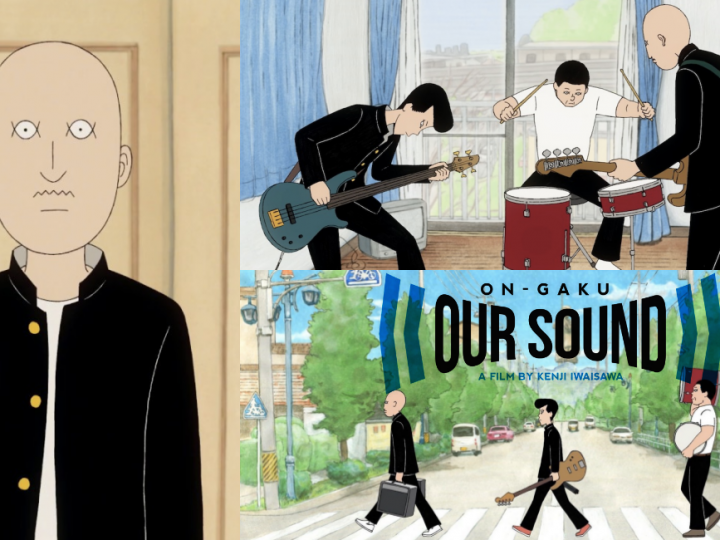An Honest Review of Oscar Award-Winning Film ‘Drive My Car’ That Drove Me To Boredom
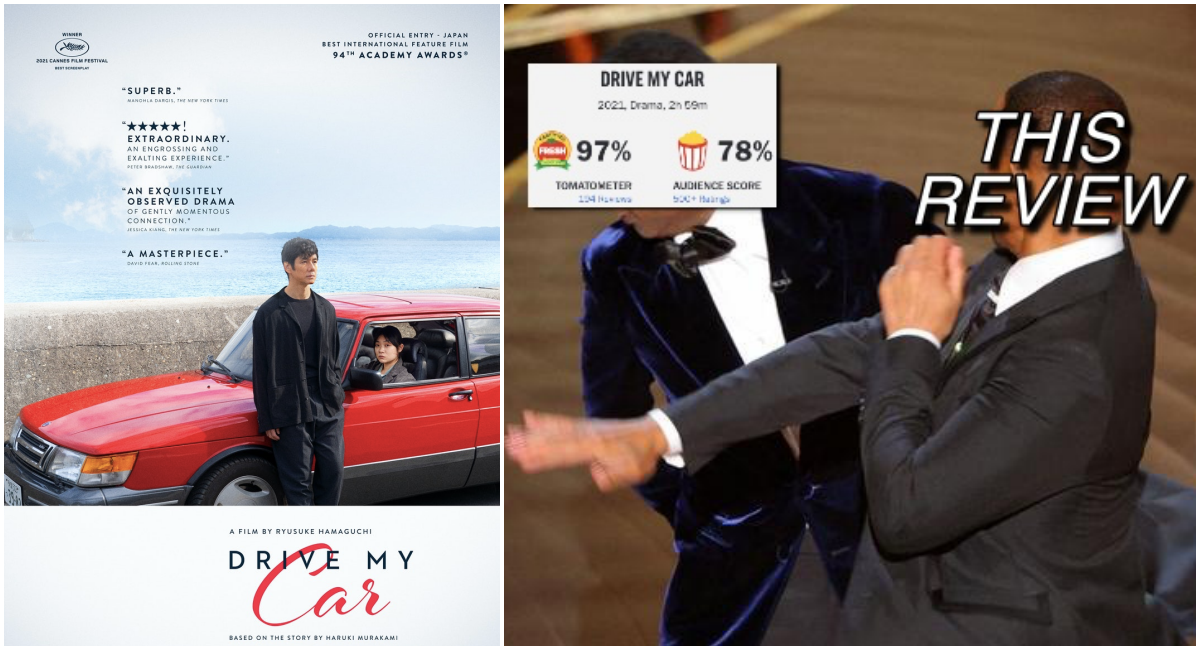 Thirsty for JUICE content? Quench your cravings on our Instagram, TikTok and WhatsApp
Thirsty for JUICE content? Quench your cravings on our Instagram, TikTok and WhatsApp
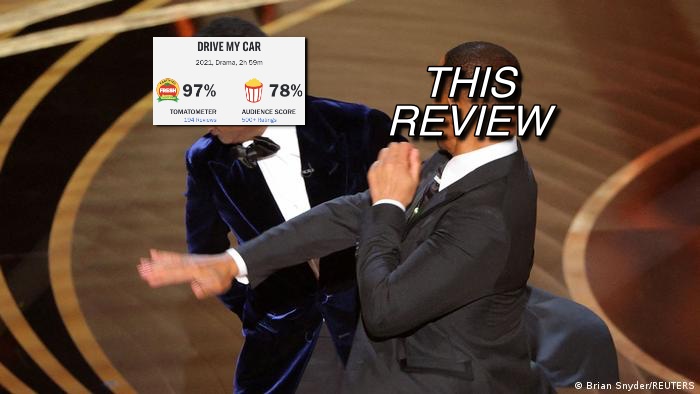
The curtains have closed on the most recent Oscars award ceremony that left all of us shocked when the fish from Shark Tales slapped the zebra from Madagascar on stage for everyone to witness.
While that piece of controversy led to the skyrocketing of views for the Oscars amidst their tragic decline throughout the years, it wasn’t the only noteworthy event that occurred.

Drive My Car, directed by Ryusuke Hamaguchi took home the golden statue for Best International Feature Film after reaping awards at several other film festivals prior to the Oscars.
Unanimously loved and immensely praised by critics and audiences alike, I was elated to receive the opportunity to attend a screening for this film.
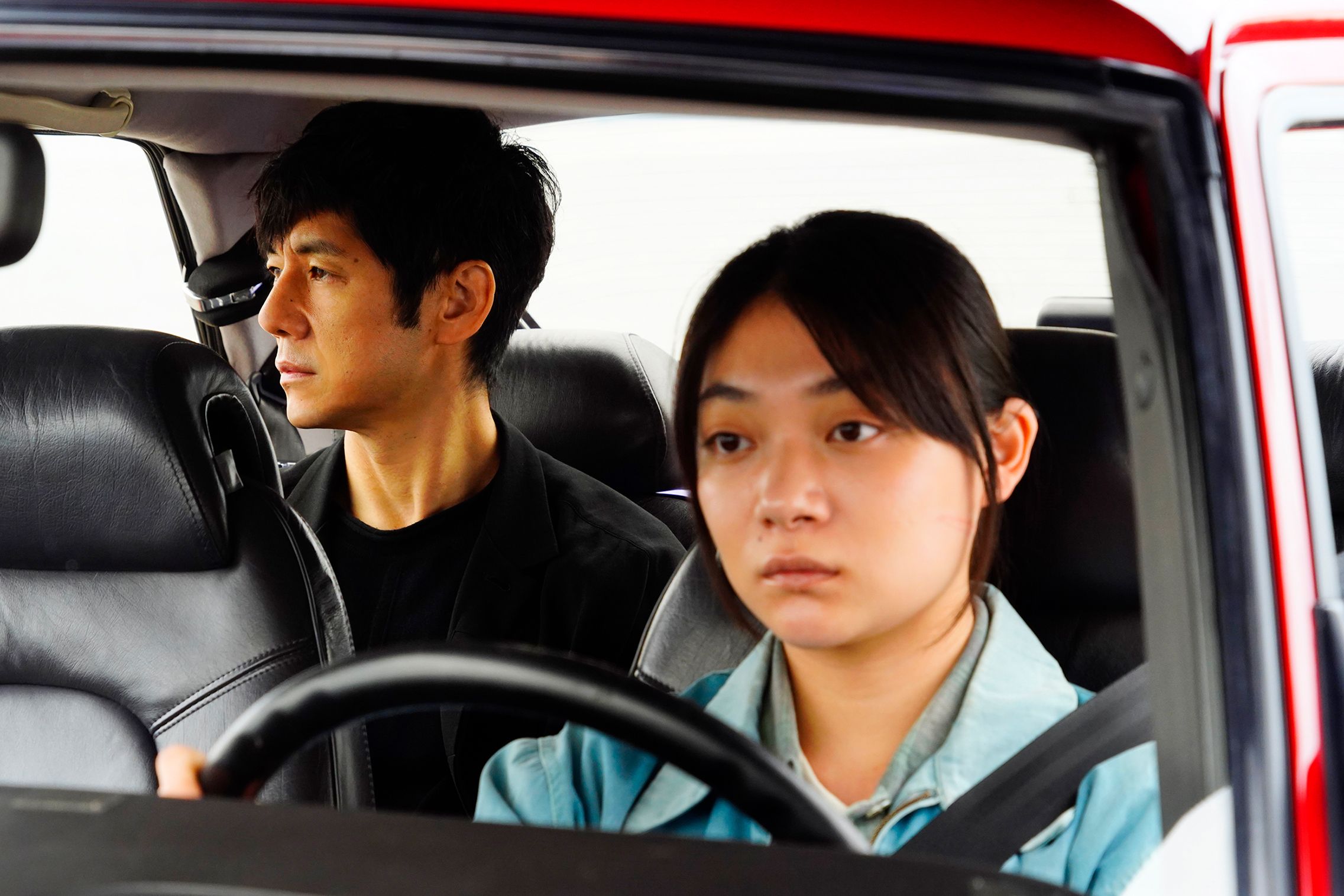
Drive My Car is described as a slow-burn character study following Yusuke Kafuku, an ageing, widowed director/actor reeling from the death of his wife.
He is then paired with a young chauffeur who is tasked to drive him around as he works on a new play 2 years after his wife’s passing and his diagnosis with glaucoma.
The pair’s relationship begins to blossom and we watch as they share tender moments relating to their similar experiences with love, grief and trauma.
I’m sure you clicked on this article due to my provocative headline so I will spare you the time (a courtesy Drive My Car did not bestow on me) by stating that I did not like this movie – not one bit.
And I will explain why. [Spoilers ahead]
Haruki Murakami is obsessed with manic pixie dream girls and he wants everyone to know it!

I should have known that this movie would not be for me since I am a closeted Haruki Murakami hater. Yes, sharpen your pitchforks, folks because I will be criticising your beloved novelist.
Drive My Car is based on a short story from Murakami’s collection, Men Without Women and if you’re an avid reader of Murakami, you cannot deny that the novelist’s depictions of women are far from savoury.
In fact, it can leave a sour taste in your mouth.
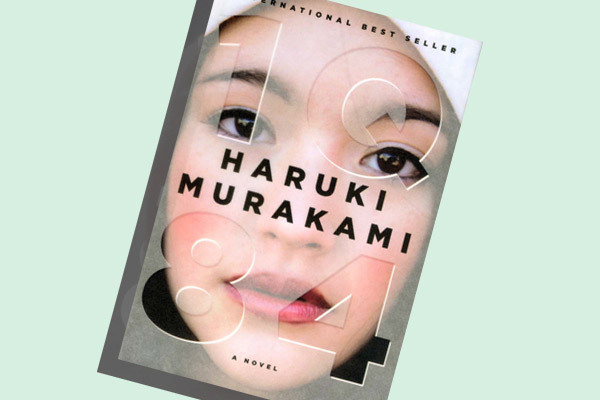
From the author that wrote lines such as “It saddened her to think that these women were forever gone from the world. And she mourned their lovely breasts – breasts that had vanished without a trace” and “[I]t seems inconceivable that his adult penis could penetrate her small, newly made vagina”, it’s not difficult to foresee that the portrayal of women in Drive My Car would be almost offensive.
I say almost because Murakami has a way of hiding his misogyny behind the veneer of gorgeous prose and he does it so well that you almost forget that he treats women like pieces of flesh for men to devour.
![Review Film #604 - Drive My Car [Doraibu mai ka] (2021) • Cinejour](https://cdn.cinejour.com/wp-content/uploads/2021/12/604-Picture1.jpg)
However, in Drive My Car, it was too obvious to ignore.
Our protagonist’s wife, Oto is – simply put- a lying, cheating sack of shit.
Within the first 40 minutes, we see her having sex with her husband multiple times while reciting a play that she is currently writing during intercourse. How the protagonist manages to stay hard is beyond me…
To fuel her inspirations and orgasms so she can continue writing, she not only has an obscene amount of sex with her husband (there are probably 3 at-length sex scenes in 40 minutes) but also with other men that she works with for her plays.

Oto is portrayed as a sex-obsessed, mysterious yet alluring woman and despite her clearly wrong actions, the writers rationalise her cheating and even puts the blame on our protagonist for not understanding her and fulfilling her needs.
This is classic Murakami. He pedestalises women while stripping them of any human characteristics. In short, he treats them as objects – or simply vessels for men to release their sexual desires and vehicles to drive them towards emotional relief.
Oto is not a wife and she is not a woman.

She is a tool for the main character’s existential conundrum and it was a complete assassination of a multi-faceted woman who could have brought more to the story than just being a floating topic for the protagonist to brood over.
Following that same thought, Oto was also abruptly axed from the film when she dropped dead from a cerebral hemorrhage.
Even in death, her purpose was to serve her husband’s story – how fitting.
If I drove my car for the 3-hour runtime instead of watching this movie, I’d actually end-up somewhere where I wasn’t BORED
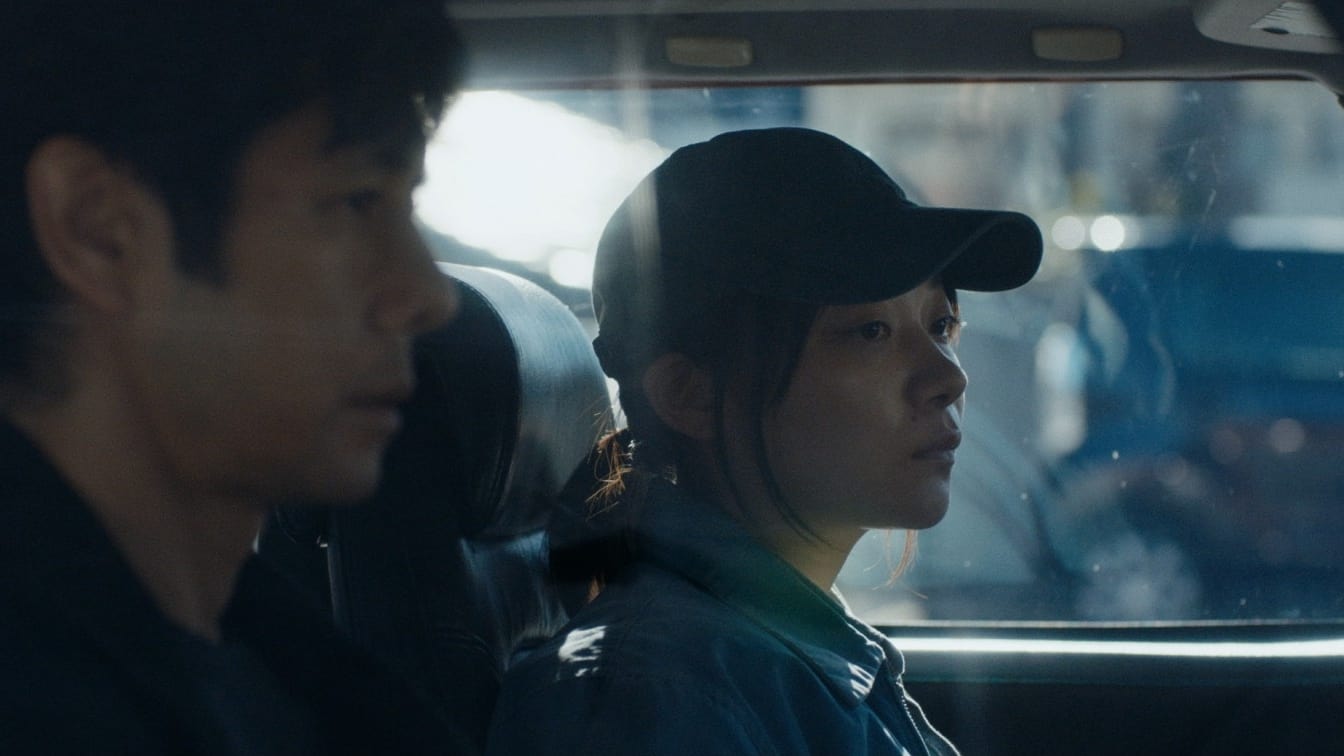
I watch movies to escape from the mundanity and routine of reality. But after watching Drive My Car, I was praying to hurry back to work because writing this scathing review is a hundred times more exciting than sitting through the actual movie.
Drive My Car is like Fast and Furious. Both feature cars and both feature the fast and furious way I wanted to get out of the cinema so I could take a deep nap from exhaustion.
Nothing happened in this film and I can safely say that if it were shaved down to a 1 hour and 30 minute runtime, it would have been much more impactful and definitely less taxing.

There were scenes of the characters driving without dialogue that stretched on for far too long and scenes of rehearsals for the play that felt pointless by the end of the film.
Arthouse films tend to suffer from a disease called pseudo-intellectualism and Drive My Car is in critical condition.
The pointed conversations between the characters in this film attempt to reveal something profound yet it falls incredibly short. It has nothing new to say and the methods in which it attempts to say it are infuriatingly trite.

For some reason, movies like these believe that the longer a film drags on, the more impactful it becomes.
That would be true only if they didn’t forget to fill those sprawling spaces with an actual narrative – you know, because it’s a movie and not a boring vlog where nothing happens.
Drive My Car is categorised as a slow-burn but having too much air and barely any fire caused it to extinguish before we even reached its climax. Sorry, Oto.
Did they just try to gaslight me into thinking cheating and abuse is okay?

As mentioned before, Drive My Car is a character study with themes of love, grief and trauma.
The protagonist unravels his emotions towards his late wife to his chauffeur in the penultimate scene of the movie and it’s admittedly a nuanced portrayal of grief.
He is not just sad that he can no longer talk to his wife and listen to her stories but he is also furious at her betrayal.
In a tearful conversation, the two leads share their traumas and it is one of the best scenes in the movie because finally, the actors are emoting which is a stark contrast from their otherwise withdrawn and reserved demeanour for the majority of the film.

For the most part, it felt tender due to the incredible performances of the actors but again, the writing leaves much to be desired.
The characters begin to rationalise the abuse that they suffered and even make excuses for their abusers.
My jaw dropped to the floor at the movie’s attempt to make it seem as if the protagonists were at fault and by that point, I had already lost all hope I had for this movie to redeem itself in its final act.
Cheating is never okay and abuse is inexcusable. Hurting someone else because you yourself are hurting is not poetic or profound, it’s just selfish and no amount of Murakami Magic can lead me to believe otherwise.

Those were the main reasons as to why this movie did not do it for me.
I would like to emphasise that this is my personal experience with the film and by no means am I trying to insult those who actually liked the film.
In fact, I’m happy that you enjoyed it because that means you did not waste 3 hours of your life that you can never get back.
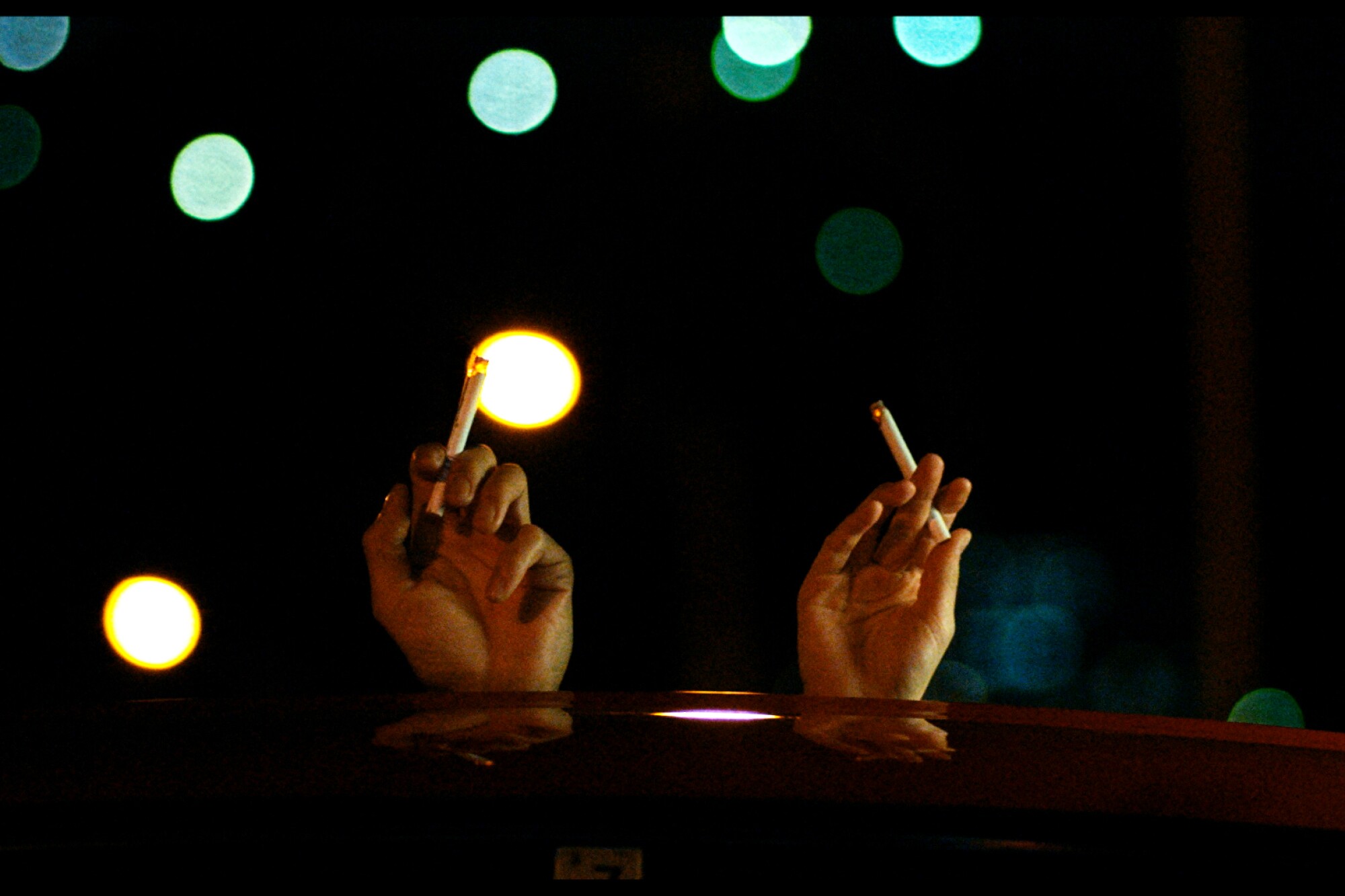
As a closing statement, I would like to say that I thoroughly enjoyed the cinematography of Drive My Car.
It is a beautiful-looking movie with fantastic performances and that cannot be disputed.
However, pretty shots are not enough to make up for the lack of impactful storytelling.
The exposition-heavy dialogue, convenient ex-machinas and meretricious declarations irked me to no end and I could not understand how this film won such a coveted accolade.
The winding road of Drive My Car lead absolutely nowhere and I simply did not have the mileage or the patience to enjoy the ride.

Writing this review is intimidating knowing that the majority of audiences adore this film, but I have to be honest with myself and not succumb to the opinions of others.
I am fully expecting backlash from people accusing me of being too dumb to understand this film and maybe I am, but at least I’m not dumb enough to pretend I liked it just to fit in.
I will say though, I’m itching to get my hands on a red Saab 900. Props to them for that!
Drive My Car will be available to stream on MUBI starting April 1 and although this particular film was not my cup of tea, I have enjoyed various other films of the same vein on this platform so it’s definitely worth checking out here.


 Get Audio+
Get Audio+ Hot FM
Hot FM Kool 101
Kool 101 Eight FM
Eight FM Fly FM
Fly FM Molek FM
Molek FM

